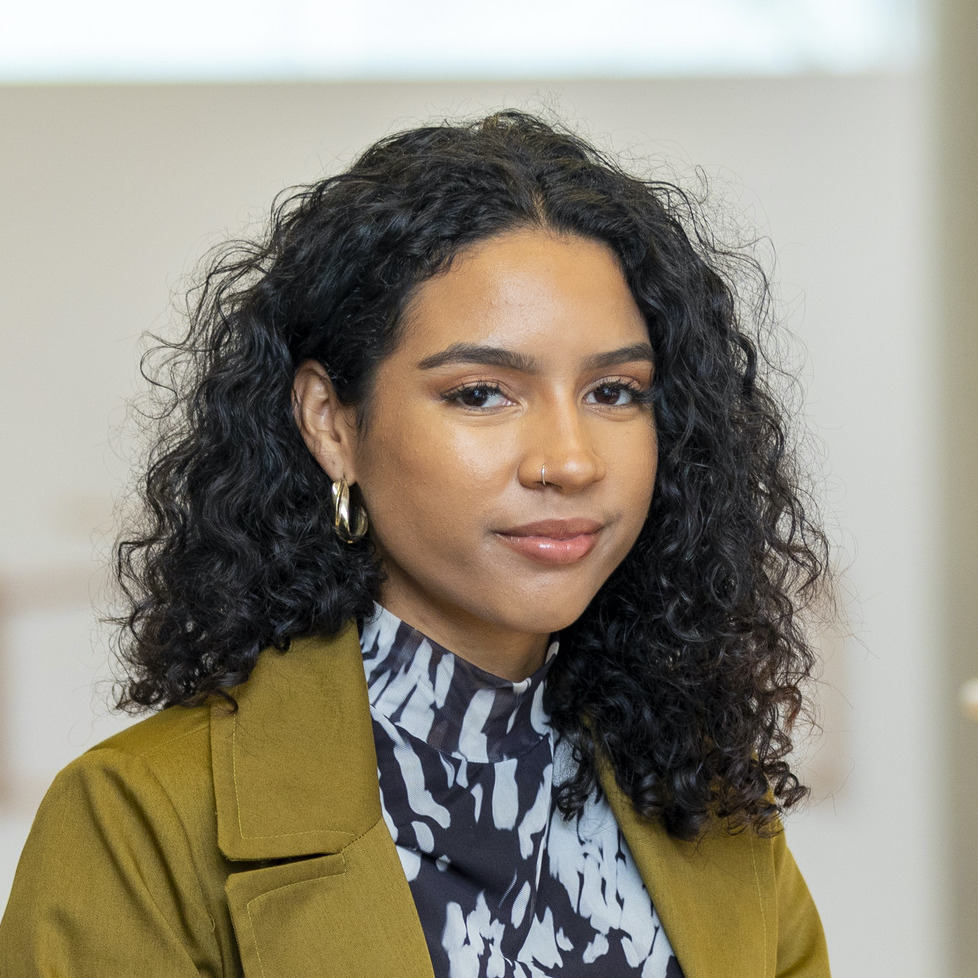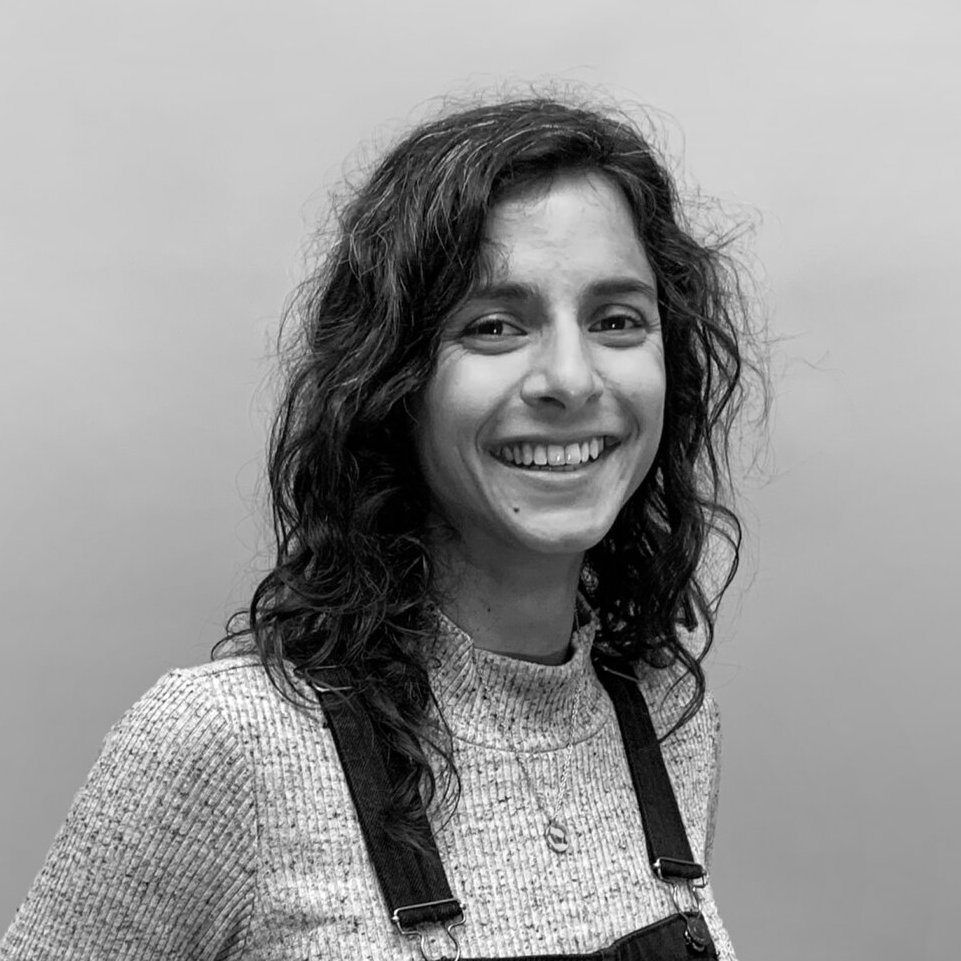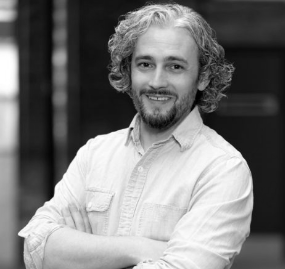Savannah Williams

Profession: Architect
City: London
Country: United Kingdom
What inspired you to want a life in Architecture and the creative industries?:
From a young age I had always been creative, drawing, painting, making small sculptures, anything that would let me express myself in the form of art. As I grew up in London, I started to realise the built environment around me and became interested in the architecture of the city and what that meant. Upon discovering the profession of architecture, I felt this was a way I could put my creative personality to a career path. I wanted to play a role in the growth and development of the environment that surrounded me.
Who inspired you in finding your path to Architecture/Film and the creative industries?:
Within my family there were no architects around me, but I did have a creative mother, grandmother and siblings. This planted the seed of me being creatively free at a young age and being able to feel art was of value and mattered in the world. So I did not have a direct architectural inspiration into the industry but more of a leading to it from more of a fine art perspective. When I began to become a young adult, my mother suggested the world of architecture. Once I had taken the step to enter the architectural realm of education I didn’t stop and now I am an architect.
How you unlock obstacles and overcome bias in your work?:
Obstacles in the workplace come in many forms and overcoming bias in a professional environment can be challenging, especially when you are a minority. With these things they can catch you off guard and your mind is not ready to deal with the situation immediately in the best way. Through having experienced some things, I always try to bring my best self to work and if something arises, enable my self to dissect the challenge, and really think about how I will overcome the issue. If you feel lost in overcoming, there is always someone who has most likely been through a similar ordeal. Find someone you trust in the industry a bit more senior than yourself and seek advice from them, you could see them as an occasional mentor or sometimes a one off conversation is good enough. I have learnt that conversations are one of the most valuable things we can have.
What improvements do you feel are required to promote effective change in the academic and working environment?:
For me, to improve the academic and working environment they have to be first seen more connected to each other. We can not be in Universities teaching and displaying architecture in one way and when students get into practice they are shocked or extremely unprepared for the realities of working in practice. If we know there are some deep rooted issues with the industry let’s start by trying to change them rather than teach them. Furthermore, the best way we can promote effective change is by sharing the good things that are already underway with organisations and charities who are putting time into making a difference, whilst universities and practices make an effort to connect with them.














